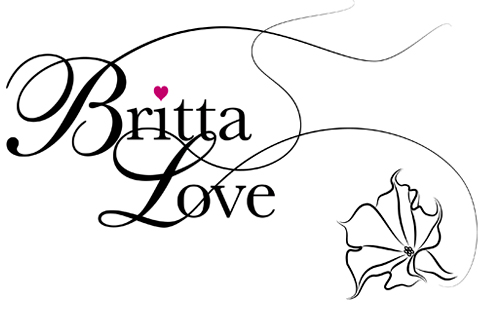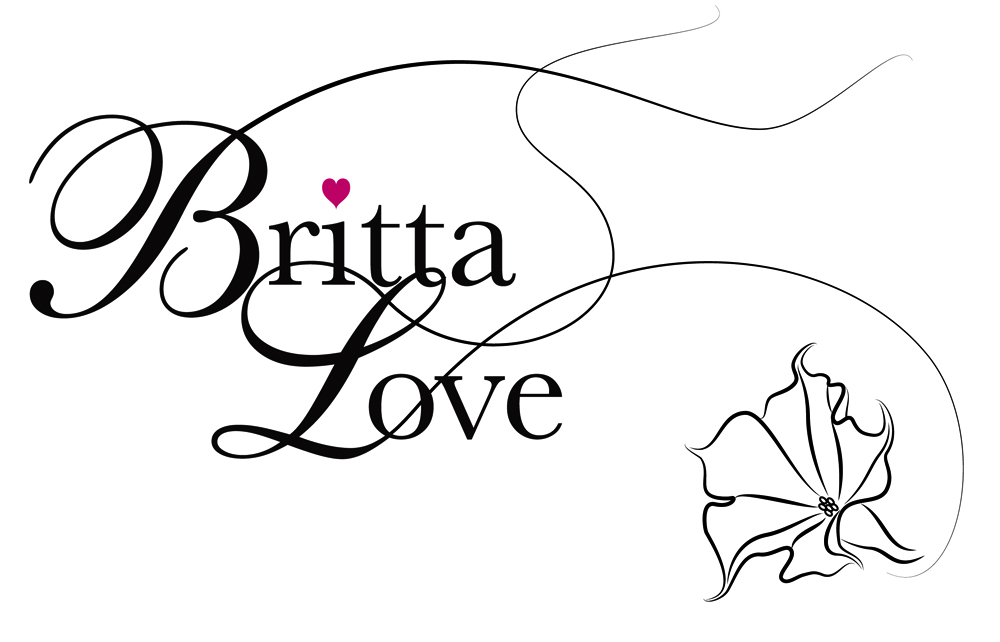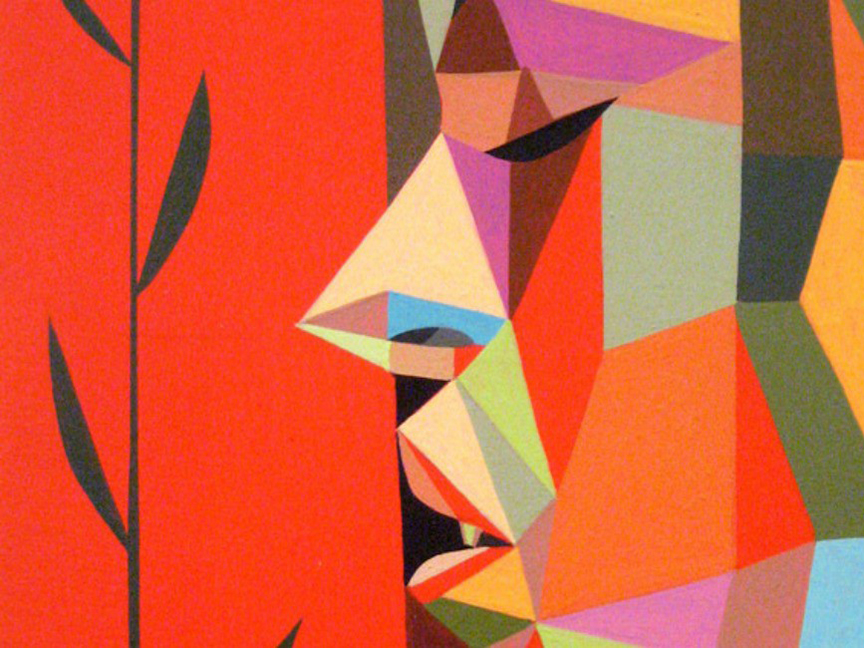I was nineteen years old when I found myself battling deep anxiety and depression, leading to years of cocaine, speed and then ketamine addiction. I was also struggling to find a healthy expression of sexuality in a patriarchal and objectifying world. My response was to find sugar daddies who would at least benefit me materially in exchange, compensating for my own dissociated relationship to sex. I was, seemingly, on a path to self-destruction. But falling headlong into addiction and maneuvering through often fraught casual encounters turned out to be two of the most important things I ever did – because along the way I stumbled upon the hidden healing and spiritual potential of sex and (psychedelic) drugs.
Over the next five years, sex and drugs switched roles in my life: the poisons became medicine.
Sex and drugs are powerfully tied together in the American imagination: through hedonism, scandal, taboo, stigma and crime. Perhaps not coincidentally, they are also two of the most powerful, immediate, accessible, and universal ways to experience “altered” states of consciousness. In my experience, it is precisely because they lead to these other states of consciousness, the very states western society often associates with escapism and even madness, that they are such profound tools for healing.
In order to achieve these altered states, the final requirement is surrender: a surrender of the ego, whether through orgasm (la petite mort) or an ego-death experience on psychedelics. “Surrender” is often a dirty word in our control freak and victory-obsessed culture. Perhaps this surrender, this loss of control, is what’s really so subversive about sex and drugs.
In surrendering to the unconscious, or to something greater than our egoic selves, one finds knowledge and ways of knowing that subvert the dominant western paradigm. Psychedelics in high doses have consistently been shown to facilitate peak spiritual or mystical experiences, in studies from the 1960s as well as recent research at Johns Hopkins University. There is a similar potential for peak experiences during sex. It is possible during orgasm to find oneself and one’s lover melding into one being, to experience visions, shapeshifting, a dissolving of the ego or a meeting with “God.” Dr. Jenny Wade’s research on what she terms “transcendent sex” shows that approximately 1 in 8 Americans will experience something like this spontaneously during sex, whether or not they ever share it with their partners.
How Sex and Drugs Help Us Reconnect
The notion of healing with sex and psychedelics shouldn’t really be surprising. Both psychedelic and sexual experience can enhance sensory perception, facilitate reconnection to emotions and memories, reestablish the sense of connection between self and other, and leave deep impressions from states of expanded consciousness. In his book Plant Intelligence and the Imaginal Realm, herbalist Stephen Harrod Buhner describes the “sensory gating channels,” the scientific “doors of perception,” that control how much sensory input reaches awareness. Seratonergic psychedelics, such as DMT (the active ingredient in ayahuasca), psilocybin (the active ingredient in “magic” mushrooms), LSD, mescaline, and bufotenin, all reduce gating activity of the thalamus and other gating parts of the brain. Similarly, “frequent sex stimulates the formation of new neurons in neural networks, irrespective of the type or age of the organism. Sensory gating channels open more widely, cognition improves, functionality increases.” Sex and psychedelics both open these sensory gating channels, allowing more information to reach consciousness – in a state commonly referred to as “altered.”
Sex and psychedelics hold strong potential for healing trauma. In The Birth of Pleasure, psychologist Carol Gilligan defines trauma as “the shock to the psyche that leads to disassociation: our ability to separate ourselves from parts of ourselves, to create a split within ourselves so that we can know and also not know what we know, feel and yet not feel our feelings.” Sex and psychedelics have the potential to heal because they can help us to reassociate. It was through sexual and psychedelic ritual that I began to reawaken to a deeper sense of self and a more profound connection to the world around me.
It was my psychedelic explorations that provided crucial insight into my addictive tendencies, allowing me to heal patterns that I now recognize as stemming from deep-seated anxiety and dissociation. Healing my own addiction made me realize just how much is missing from society’s current understanding of addiction as a whole. I believe it is time to redefine addiction, as Bruce K. Alexander does in his book, The Globalization of Addiction: “Addiction is neither a disease nor a moral failure, but a narrowly focused lifestyle that functions as a meager substitute for people who desperately lack psychosocial integration.” This reconceptualization shifts the focus away from the symptoms (particular drugs or habits) to the social dislocation and emotional pain that is at the root of all compulsive and self-destructive behavior.
There are, perhaps, infinite paths to healing and spiritual connection. However, at a time when all life on this planet is threatened by an ecological crisis humankind itself has created, born of compulsive consumption and disconnection from the natural world, time is of the essence. I believe there is a need to consciously catalyze new mindsets and perspectives as quickly as possible – through states that leave one with a profound sense of the interconnectivity of all life, of the illusion of the “I.” Practices like breathwork and meditation can take years to develop before leading to full-blown mystical states. I know from experience what effective and efficient tools sex and psychedelics can be for catalyzing paradigm shifts overnight.
But they are just that: tools. One’s mileage may vary based on intention, mindset, ritual, setting, and how the experience is integrated afterwards. A sexual encounter can be a short-lived and forgettable mutual masturbation session – or an intentional encounter with the divine. An LSD trip can be an excuse to watch Disney movies stoned – or the six hours that forever changed one’s understanding of the nature of the universe. It was a subtle change in my awareness and intention that made the difference between my use of sex and drugs as agents of numbing and escape and agents of change and growth.
Today, partly because of the very illicit nature of sex and drugs in American culture, few are available to teach one how to use these tools. I myself had to stumble my way down this path, lacking role models or any formal guidance. In another culture or time things might have been different. Other societies have established legitimate roles for the ones who would facilitate connection to the collective and divine, using psychedelic plants and sexual experience.
The View from the Ancients
When one takes a longer view back through human history, modern western society appears to be the aberration. Practically every other culture has had carefully prescribed ways of altering consciousness, often through the use of psychoactive plants or sexual ritual. Those involving plant medicines or sexuality were often the most sacred rites, used to heal and connect to the divine. This is true even in ancient Greece, cradle of western civilization. Participants in the mysteries of Eleusis, the most important of all Greek religious cults, included Aristotle and Plato. The greater of these mysteries involved drinking the kykeon, a psychoactive brew most likely made from ergot, from which LSD is derived. Indigenous cultures around the world use psychoactive plant sacraments, from psilocybin mushrooms to iboga, ayahuasca to peyote. The Tantric tradition holds sexual intercourse as a sacred rite, called maithuna. Early Taoist sects performed sexual intercourse as spiritual practice, called HeQi (“joining energy”).
Today, living post-sexual revolution and in an era of increasing acceptance of some forms of drug-taking, American culture is rife with sex and drug references. Sex and drugs are “fun.” But sacred sexuality scholar Georg Feuerstein argues in Sacred Sexuality: The Erotic Spirit in the World’s Great Religions that today’s “obsession with fun betrays an absence of pleasure or happiness” and that “beneath our hunt for fun or fleeting pleasure there lies buried a deep desire to realize our ecstatic potential.” Like Feuerstein, I believe that “sacred sex, which is the experience of ecstasy, is the real sexual revolution.”
A revolution in American drug use would be welcome as well, responding to the deep desire for rites of initiation and transcendence that underlies the urge for fun and escape. From ancient times, socially sanctioned and supervised use of what is today called a “drug,” but which was then considered a “sacrament,” would often be introduced in the transition from childhood to adulthood. I don’t believe it’s a coincidence that in a culture that is missing these rites of initiation, the teenage instinct to just “get fucked up” (or alter one’s consciousness) prevails. But without any instruction, guidance or context, one is left shooting (up) in the dark.
Sacred is not a word often associated with sex or drugs in American culture today, but perhaps that’s exactly the problem. As sex and drugs are brought out from the shadowy underbelly of American society and into conscious awareness, as their stigma is removed, maybe the puritanical and repressive roots of this country will finally be overthrown – allowing once more for ways of knowing and understanding that were nearly exterminated along with the indigenous peoples who once populated this land.
Spiritual Tourism is Not the Answer
Sex and drug education, teaching harm reduction, is just the tip of the iceberg. New studies on the importance of intimate touch as well as the healing possible using psychedelic medicine seem to be emerging weekly. Why not think consciously about roles for teachers and guides to facilitate these explorations?
The potential for sex workers to function as healers is vast and not unprecedented historically, possibly dating back to temple prostitution in ancient times. Even today, sex surrogates, “neo-tantrikas” and other sex workers are actively doing this work. It was my own sexual journey that led me to research older forms of sacred sex and temple prostitution as well as to investigate the incredibly human (but often untold) stories of client-provider relations in the sex industry today. My own experiences have confirmed that there is always potential for healing when two people get truly naked with each other. This healing can take place in any intimate context – but sexual teachers, healers and facilitators are needed to facilitate a societal shift away from superficial and disconnected pornographic representations and back to something more genuine, embodied and profound.
Psychedelic facilitators have existed throughout time as well, from indigenous healers and spirit workers to underground psychedelic therapists and medical professionals continuing this ancient work. As psychedelics such as LSD, MDMA, and psilocybin continue to gain acceptance within modern medicine as powerful and effective treatments for everything from anxiety and OCD to PTSD and depression, there will be a need to further develop and expand this role.
There’s no need to reinvent the wheel in the attempt to build these new western traditions. There is much to learn from other cultures and times, ancient techniques for going into transcendent states, psychedelic states, states of erotic trance. But even this re-learning process is fraught as the western appropriation of “shamanistic” and other traditions such as ayahuasca and tantra – seemingly with the best of intentions – risks perpetuating old colonial patterns of “borrowing” knowledge and resources from indigenous and other peoples, while giving back little in return. Decolonizing our spiritual practices is surely as important as (and perhaps fundamental to) decolonizing our bodies and the earth. Respectful cultural exchanges with other traditions can provide inspiration for new ways of doing things – but it will take slow, organic work from within existing western paradigms to grow the traditions that will make lasting social change.
Individual and Collective Healing
There are vast new worlds to explore as the West re-approaches psychedelic plants and the healing potential of sexuality and intimate touch. “Altered” states can lead one into rich and fruitful dark places, if one is willing to go: ploughing the unconscious and bringing repressed emotions, memories and knowings into the light of the conscious mind. It is in the darkest psychedelic trips that I gained the most insight; it is the places that were most uncomfortable, the places I most wished to avoid, that had the most to offer. It was only possible to heal, however, because I was in safe and intentional spaces. The difference between a potentially scarring trip and a deeply nourishing one can be simply a matter of where, how and with whom it takes place.
I was diagnosed with bipolar disorder at twenty years old and it was the conscious use of sex and drugs – not my doctor’s prescription – that helped move me through it. My journey from addiction and disembodiment to healing and reconnection taught me the importance of removing the taboos around sex and psychedelics and restoring them to their rightful place as healing and sacred.
Now it feels as if my own story is just a microcosm of the greater story of western civilization today. An estimated 23.1 million Americans need treatment for a problem related to illegal drugs and alcohol, and 18.2 million Americans are diagnosed with a form of mental illness every year. I would argue far more than that are suffering from other compulsions and ailments as a result of mass disconnection and social dislocation.
Indeed, all life on this planet is threatened by western culture’s dissociation, disembodiment and addiction to consuming – which has now brought us to a mass extinction event, an ecological mega-crisis. As the inventor of LSD Albert Hoffman writes in LSD, My Problem Child, “A concept of reality that separates self and the world has decisively determined the evolutionary course of European intellectual history.” It will take the rapid opening of humanity’s collective sensory gating channels, the correction of this fundamentally flawed paradigm, to change this course. Through the process of embracing the shadow, of re-associating and reconnecting, of finding healing and spiritual awareness, we can collectively shift away from the destructive path we are on. It is time to re-sacralize nature and the cosmos, to find our way back to reconnection and reintegration, to an understanding of the interconnectivity and intelligence of all life, before it’s too late. I believe the careful and intentional use of sex and psychedelics is our best hope for quickly catalyzing that change.
We have the right tools – if only we can learn to use them in time.


